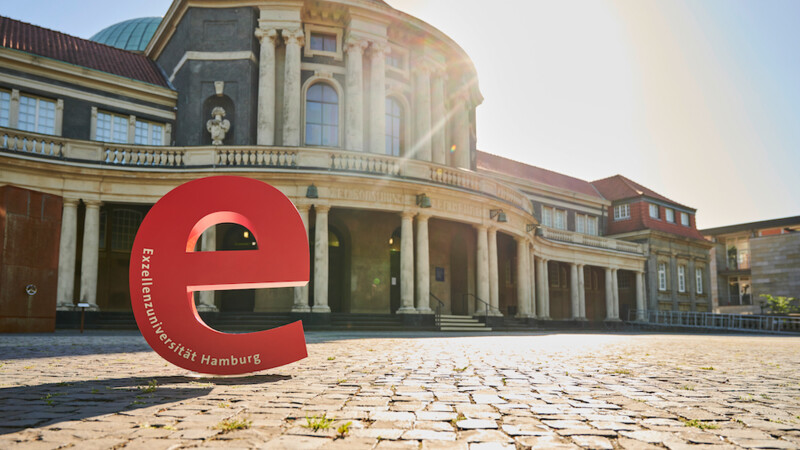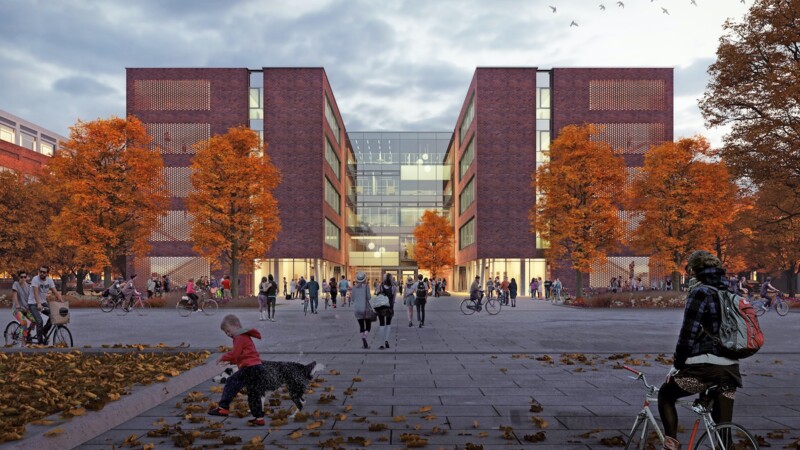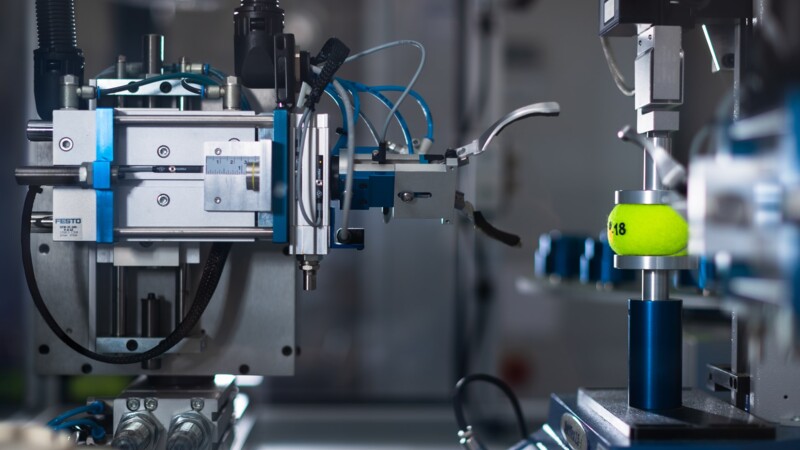The discovery was facilitated by the Low Frequency Array (LOFAR) radio telescope, considered the largest of its kind, with receiver stations in seven European countries. Most of the objects mapped are billions of light-years distant and consist mainly of galaxies with black holes or regions of very strong star formations, the team said. The data set includes images from about 3,500 observation hours and come to eight petabytes in size or the storage capacity of about 20,000 laptops.
The Astronomy & Astrophysics journal has published a map of 4.4 million galaxies, one million of which were previously unknown, after an international team of researchers including those in the Hamburg Observatory at the University of Hamburg, spent seven years collecting data.
Radio telescope in seven European countries
LOFAR station in Hamburg Metropolitan Region
Work on the data at the LOFAR station in Norderstedt in Hamburg is managed by Prof. Dr. Marcus Brüggen, an astrophysicist at the Hamburg Observatory. The station is operated jointly with Bielefeld University. The researchers study radio sources that are millions of light-years long: "The brand new technology behind the LOFAR radio telescope and our participation in this international project allow us to make important contributions to the study of cosmic magnetic fields," Brüggen said. The research project is part of the Cluster of Excellence "Quantum Universe" at the University of Hamburg.
mb/sb/pb
Sources and further information
More
Similar articles

University of Hamburg gets EUR 1.25 million for climate research

Nobel Prize in Physics for Hamburg's Klaus Hasselmann

UKE building two new research centres
